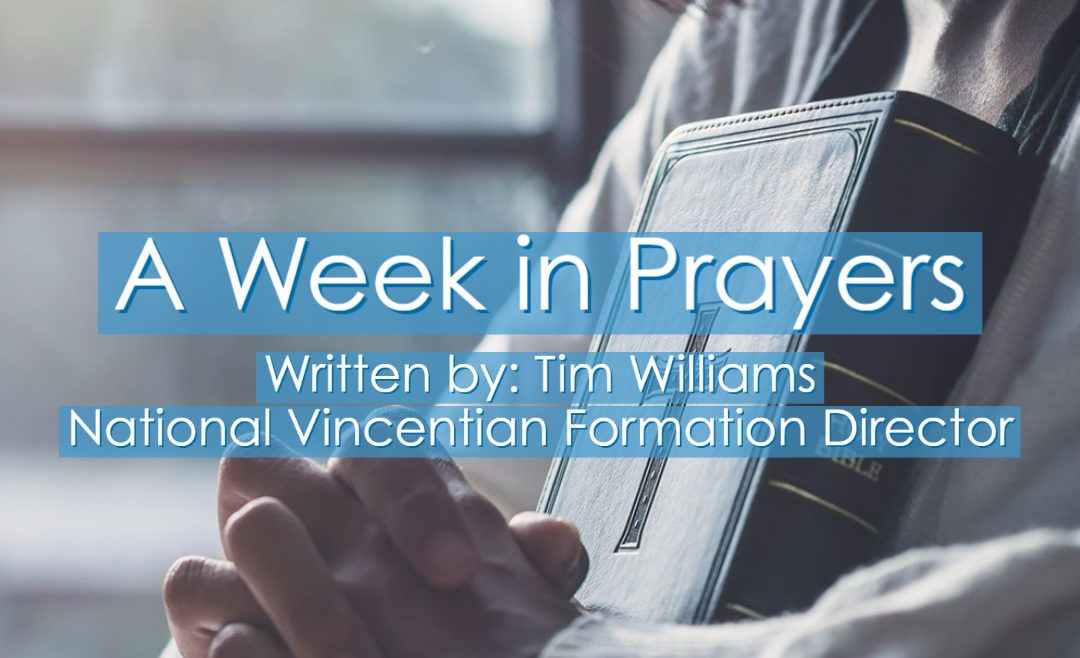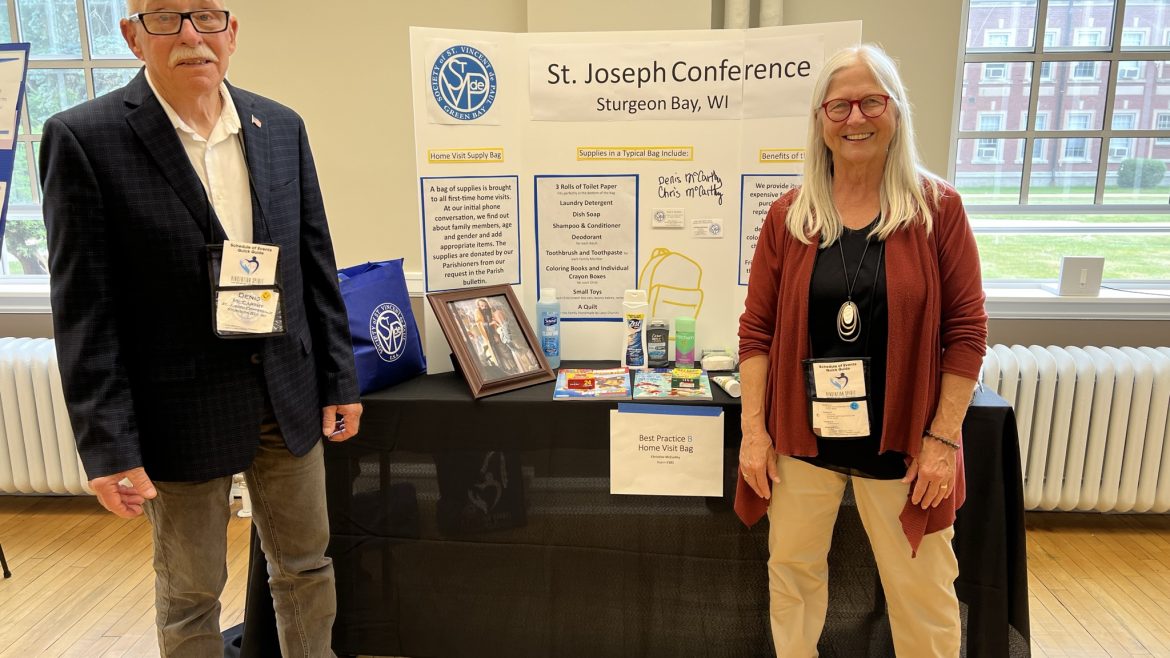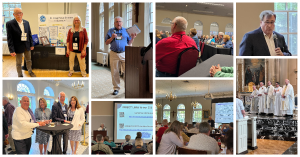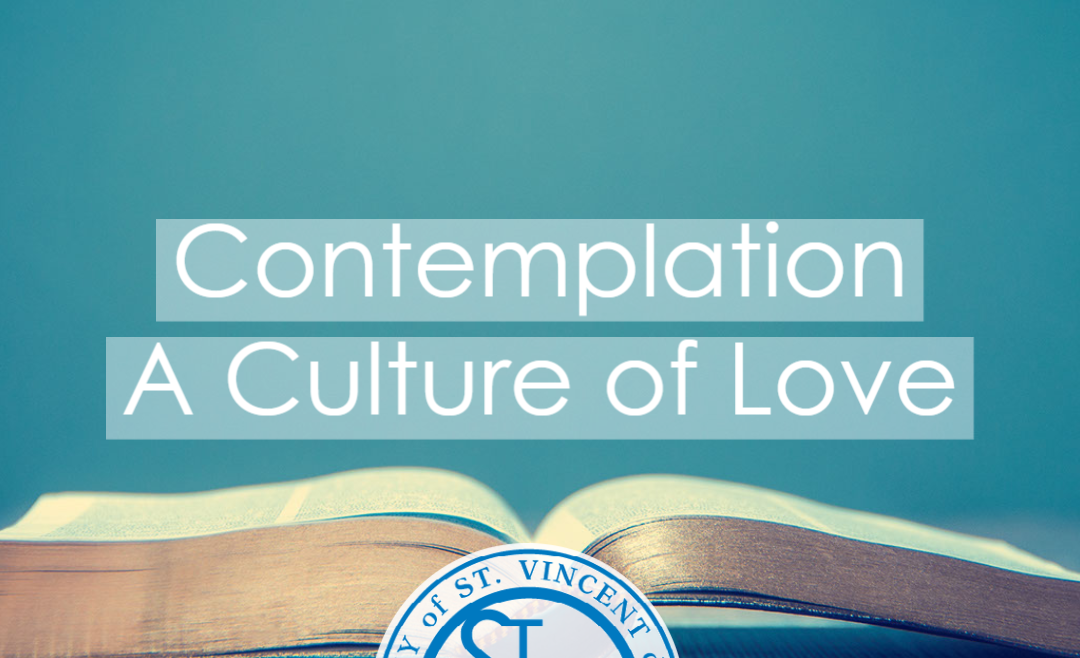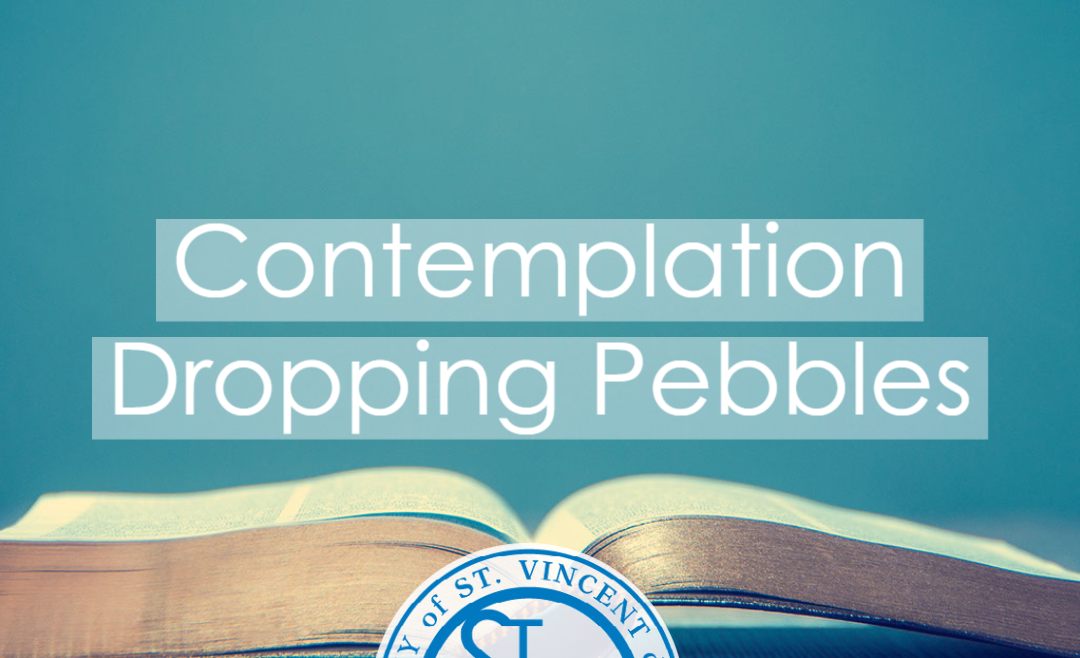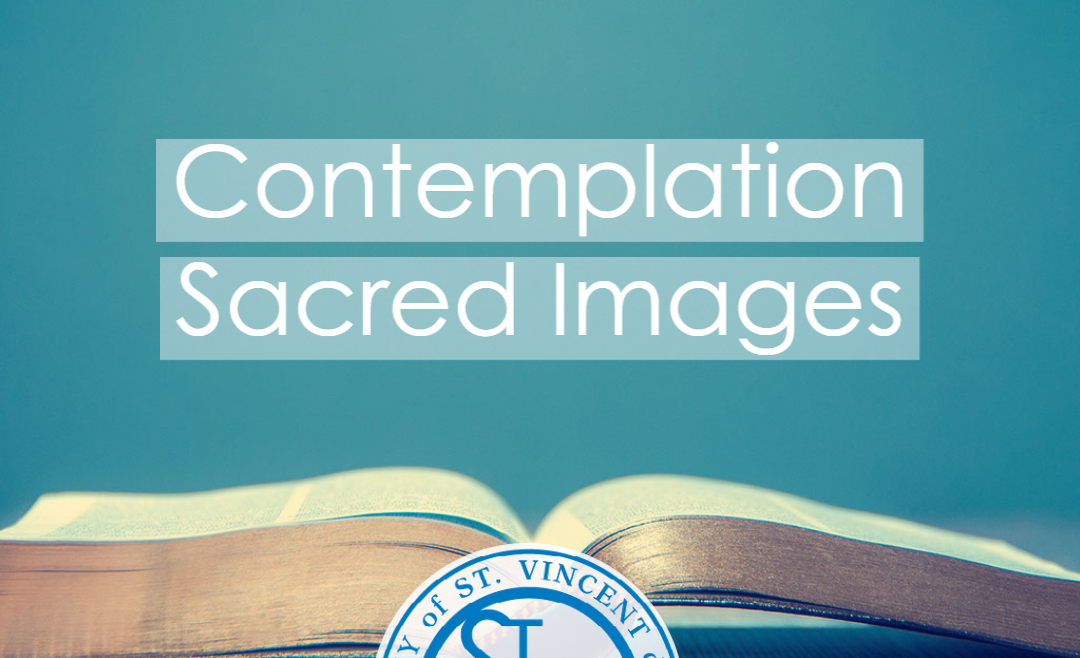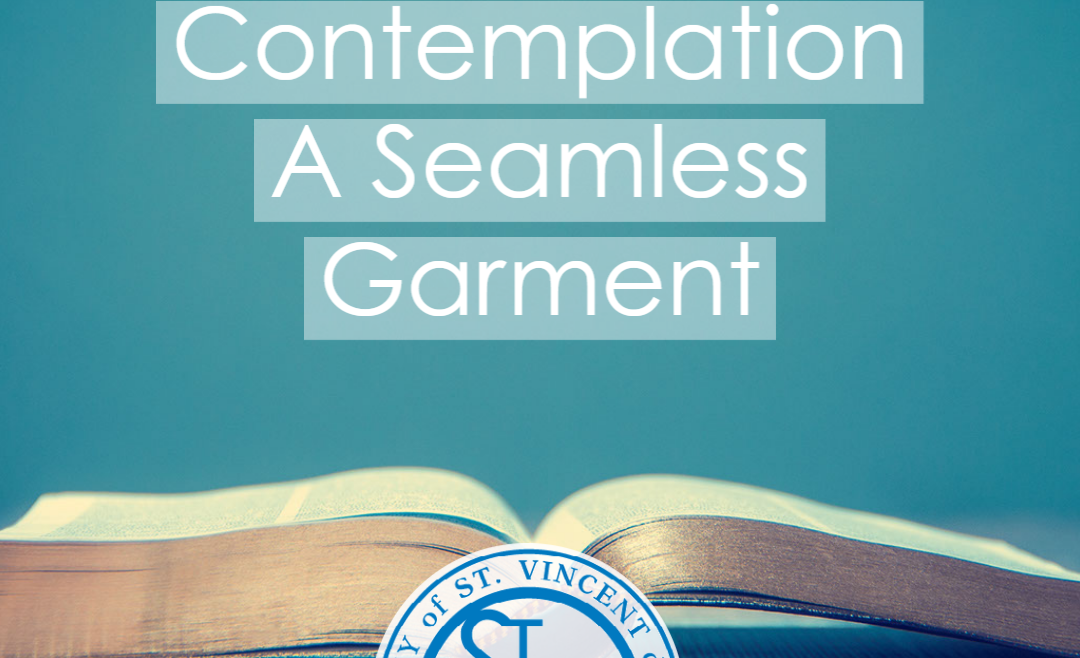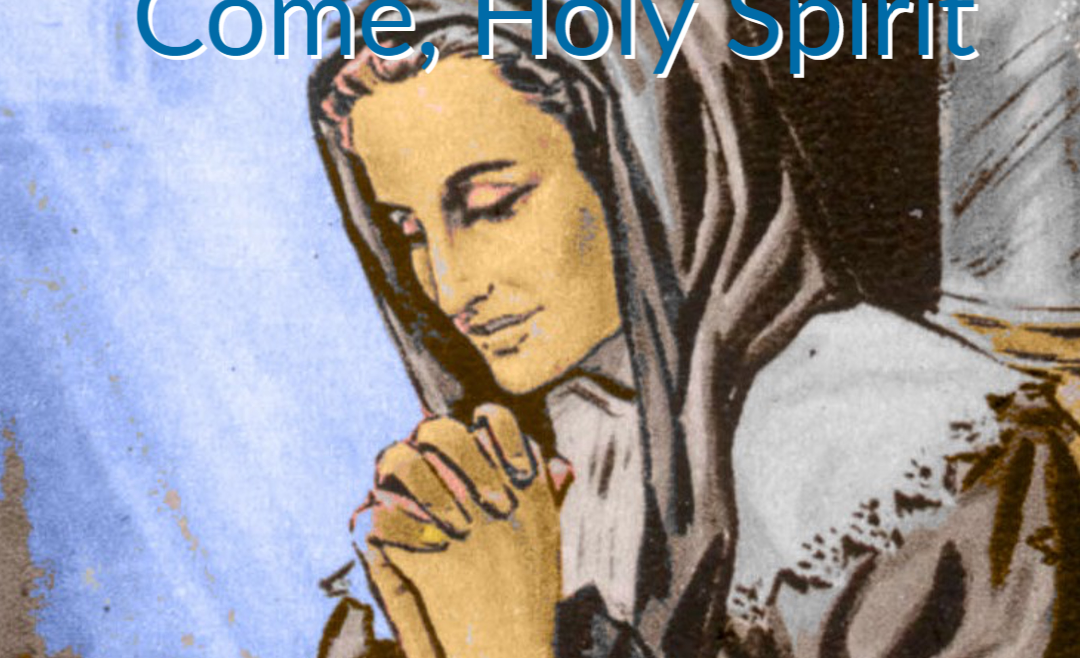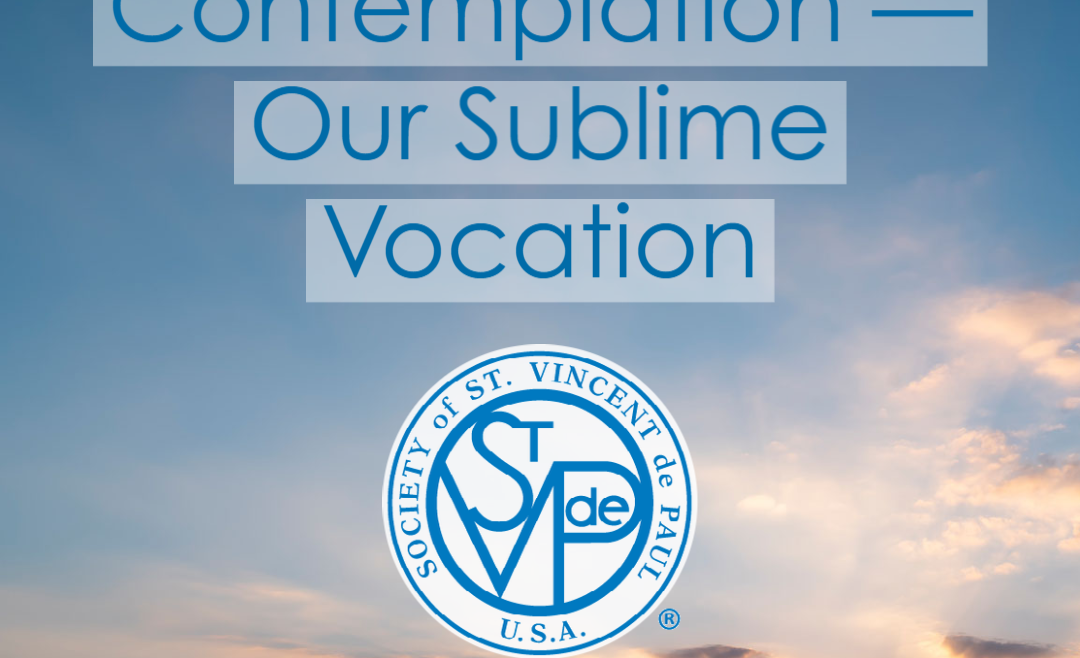Monday, June 26
Give me patience, Lord,
Calm my heart and my mind
Toward the things of this world.
Walk with me in peace.
Amen
Tuesday, June 27
My restless heart seeks rest, O Lord,
A peace from worldly cares.
Grant me the peace of Your presence,
The love that can only be shared.
Enter my heart, Lord Jesus,
For I have made room for You there.
Amen
Wednesday, June 28
I love You, Lord, with all my heart,
My soul, my mind, my life.
May people know me, Lord,
By the fruits of Your spirit,
And the fire You have lit in my heart.
Amen
Thursday, June 29
With faith, Lord, I look to heaven,
Offering praise and gratitude
For all I have received.
With hope, Lord, I look all around me,
At the beauty of Your creation,
Knowing all trials will pass.
With love, Lord, I look at my neighbor,
I see the face of Your Son,
And serve, my heart filled with joy.
Amen
Friday, June 30
Heavenly Father,
You see me and You know me.
You heal me despite myself.
Make me Your instrument
Of healing and mercy
For all those that suffer.
Amen

